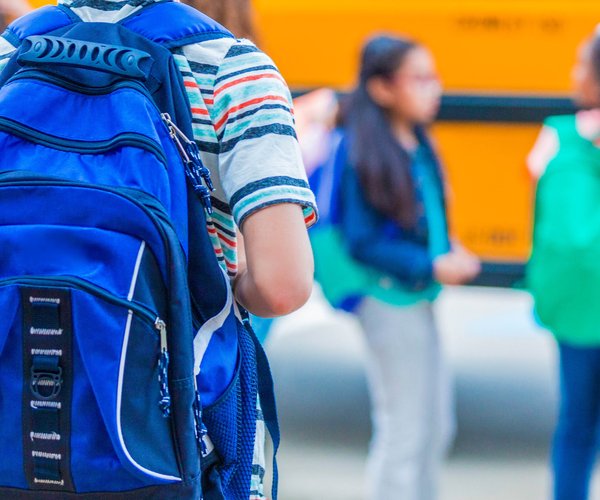Planning for animals in a disaster situation can save human lives, says the Georgia Veterinary Medical Association (GVMA).
Nearly half of those who refused to evacuate during Hurricane Katrina did so because they were unable to take or unwilling to leave their pets, according to a study by the Fritz Institute, a nonprofit organization focusing on effective disaster response and recovery.
As hurricane season escalates, GVMA urges pet and livestock owners to create disaster preparedness plans and encourages local government officials to consider the importance of including animals in disaster planning.
“The veterinary community is a key resource in public safety planning,” said Dr. Barbara Kelly, chair of GVMA’s disaster preparedness committee. “We are public health providers, whether it is a food inspection crisis, agricultural emergency or natural disaster.”
GVMA is reaching out to veterinarians across the state to begin the process of helping them prepare for disasters, both in their clinics and in their communities. The goal will be to have an animal disaster preparedness plan in each county, as required by federal law, to help prepare members of a community.
“Families are the first responders to any disaster,” Kelly says. “When they are prepared, lives are saved and injuries lessened.”
The GVMA committee recommends the following steps to prepare families to handle animals in disaster situations:
1. Keep pet and livestock identification tags up to date, as separation is likely in the event of a major disaster. All identification should include confirmation of rabies shots and contact information for the animal’s veterinarian. Also, all pets should be micro-chipped and registrations kept up to date.
2. Have a disaster plan that includes pets’ medications, food, water, photograph and copies of medical records that can be taken quickly during an evacuation. Keep these items in a secure, waterproof container.
3. Know which shelters or hotels accept pets or identify a friend or family member outside the area who could care for the animals. For livestock, a local fairground or nearby farm can also be utilized.
4. Become familiar with community or government agencies that provide care and support for pets and livestock animals in the event of an emergency. Display a sticker on the window or door of your house to let rescuers know animals are inside.
The GVMA disaster preparedness committee will also be hosting presentations across the state to help better prepare veterinarians for handling disasters.
GVMA is a professional association of more than 1,260 veterinarians committed to improving animal and human health in an ethically and socially responsible manner.





